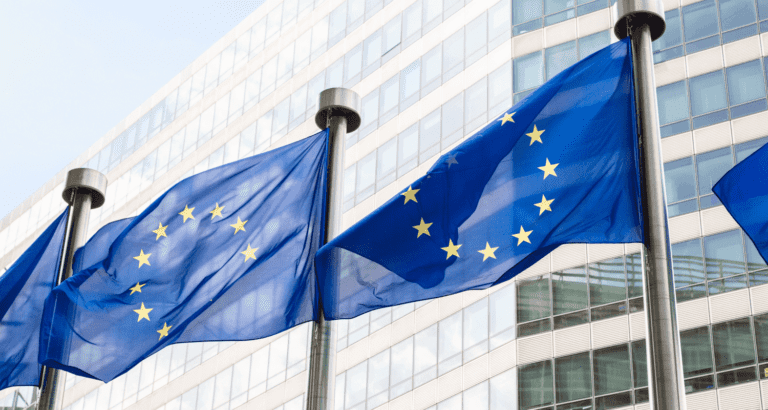The Digital Markets Act has entered into force. The new European rules restrict the power of the world’s largest technology companies.
The Digital Markets Act took effect today. The European Commission drafted the law to tighten the reins on big tech. We explained the new rules in an earlier article.
Punishable in two years
Although the rules have entered into force, change is hardly noticeable for now. Over the next six months, the implementation phase of the Digital Markets Act runs its course. The European Commission will organize workshops to inform stakeholders about the package’s impact.
The implementation phase ends on on May 2, 2023. Two months later, the ball starts rolling. The Digital Markets Act’s rules exclusively apply to organizations that meet a set of criteria — more on that later. These organizations, also known as gatekeepers, must identify themselves to the European Commission between May 2, 2023 and July 3, 2023.
Organizations are personally responsible for checking the criteria. Companies have to verify whether the rules apply to them. Organizations that meet the criteria and fail to identify themselves remain liable for violations of the Digital Markets Act.
Once the European Commission receives a report, the company in question is investigated. If everything checks out, The European Commission categorizes the company as a gatekeeper. Upon being categorized, gatekeepers are provided a transition period of six months to comply with the rules. The deadline is March 6, 2024. All gatekeepers are punishable for violations from then on.
Digital Markets Act
An organization must meet the following requirements to be categorized as a gatekeeper. First, a gatekeeper operates in at least three member states with an annual turnover of €7.5 billion or a market share of €75 billion. In addition, a gatekeeper has 45 million users per month or 10,000 European business users per year. Finally, a gatekeeper must meet both conditions for three consecutive years.
The new rules exclusively apply to gatekeepers. The European Union published a clear explanation of the rules on its website. Among other things, gatekeepers must support third parties, share data with customers and treat advertisers fairly.
Moreover, gatekeepers with an online marketplace are not allowed to favour their own products over the products of third parties. This rule has a major impact on Amazon.com, a platform currently suspected of abuse of power by various market regulators.
Gatekeepers that violate the rules once risk a fine of 10 percent of global annual revenue. The fine is upped to 20 percent for repeat offenders.
Why?
Italy’s market regulator recently tried to fine Amazon for favouring its own products over third-party sellers. Amazon appealed and escaped a penalty of €1.1 billion. Afterwards, Italian media commented that regulators have insufficient resources to condemn large organizations. That’s exactly what the Digital Markets Act was designed to address.
In some cases, tech giants have more money and expertise than regulators. The position allows them to successfully challenge charges that would otherwise result in penalties. In addition to new rules, the Digital Markets Act creates clarity among existing rules. The European Commission hopes that regulators more effectively enforce the law as a result.
